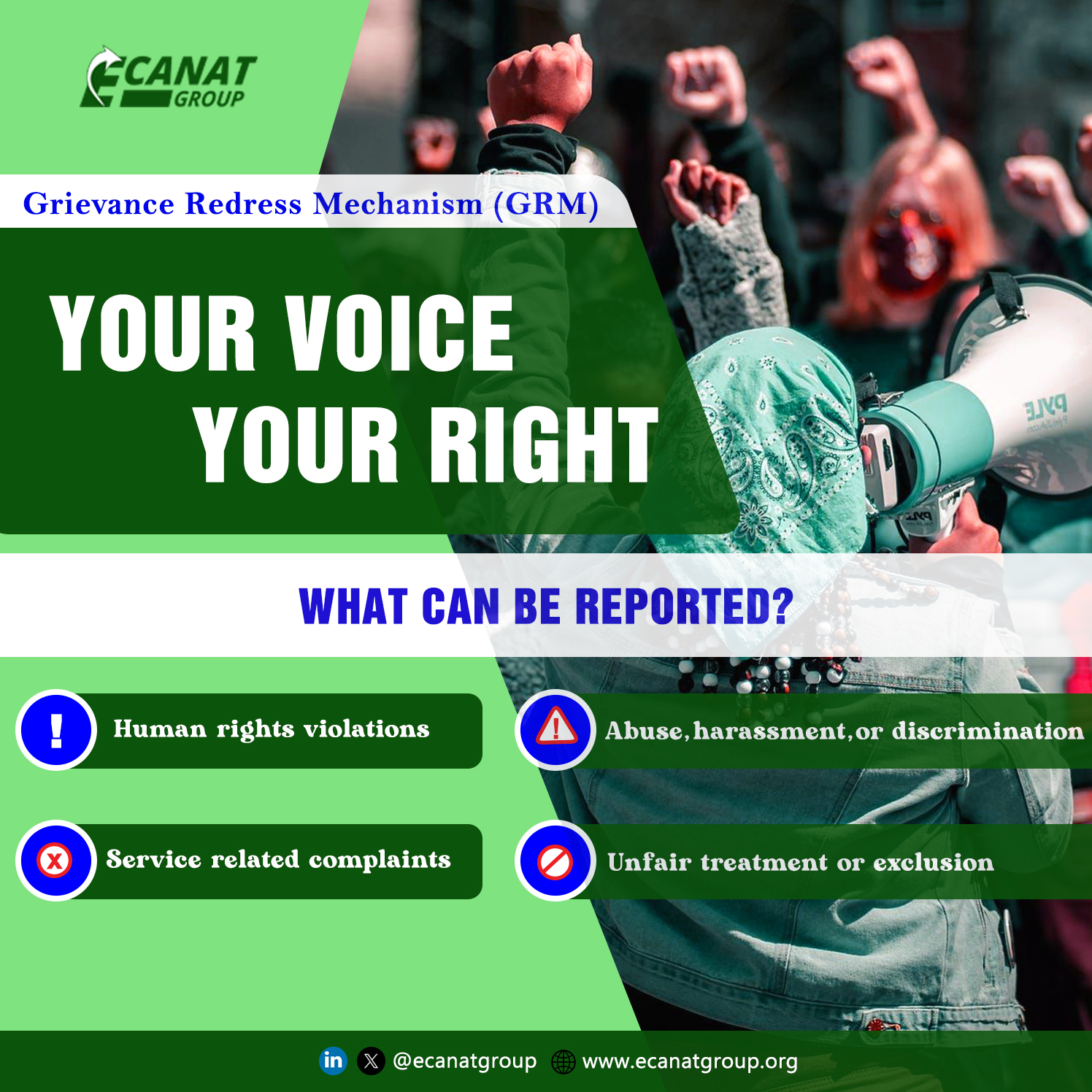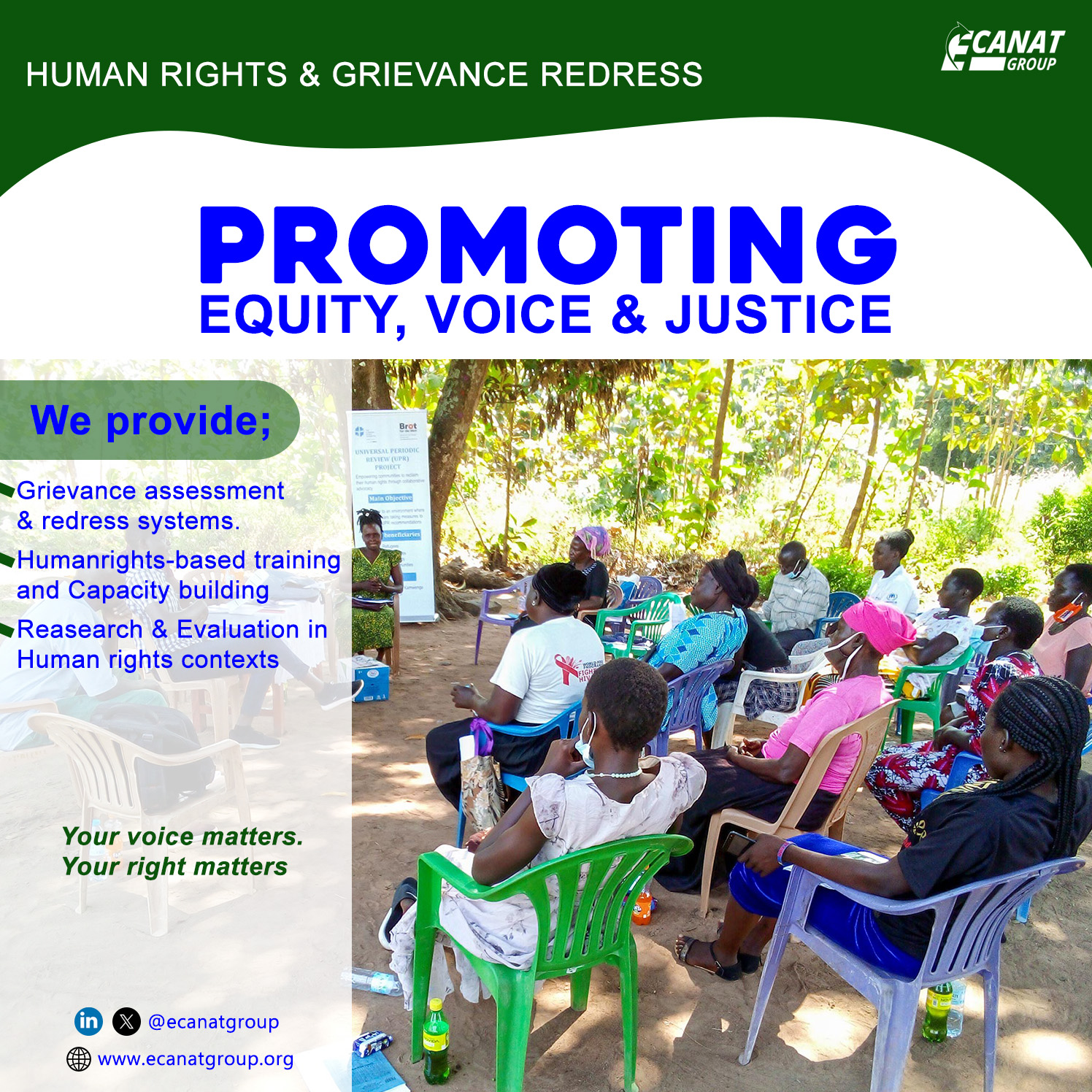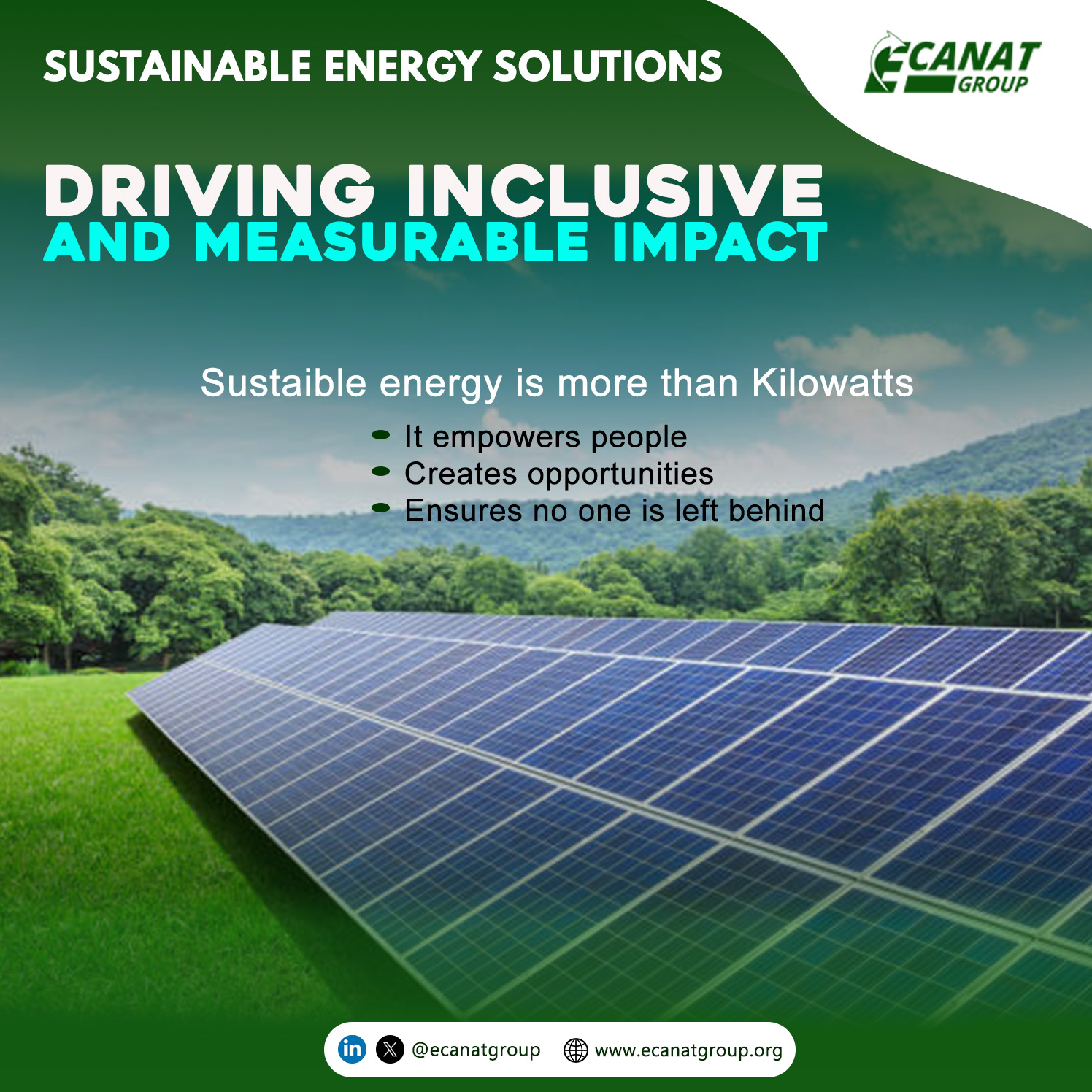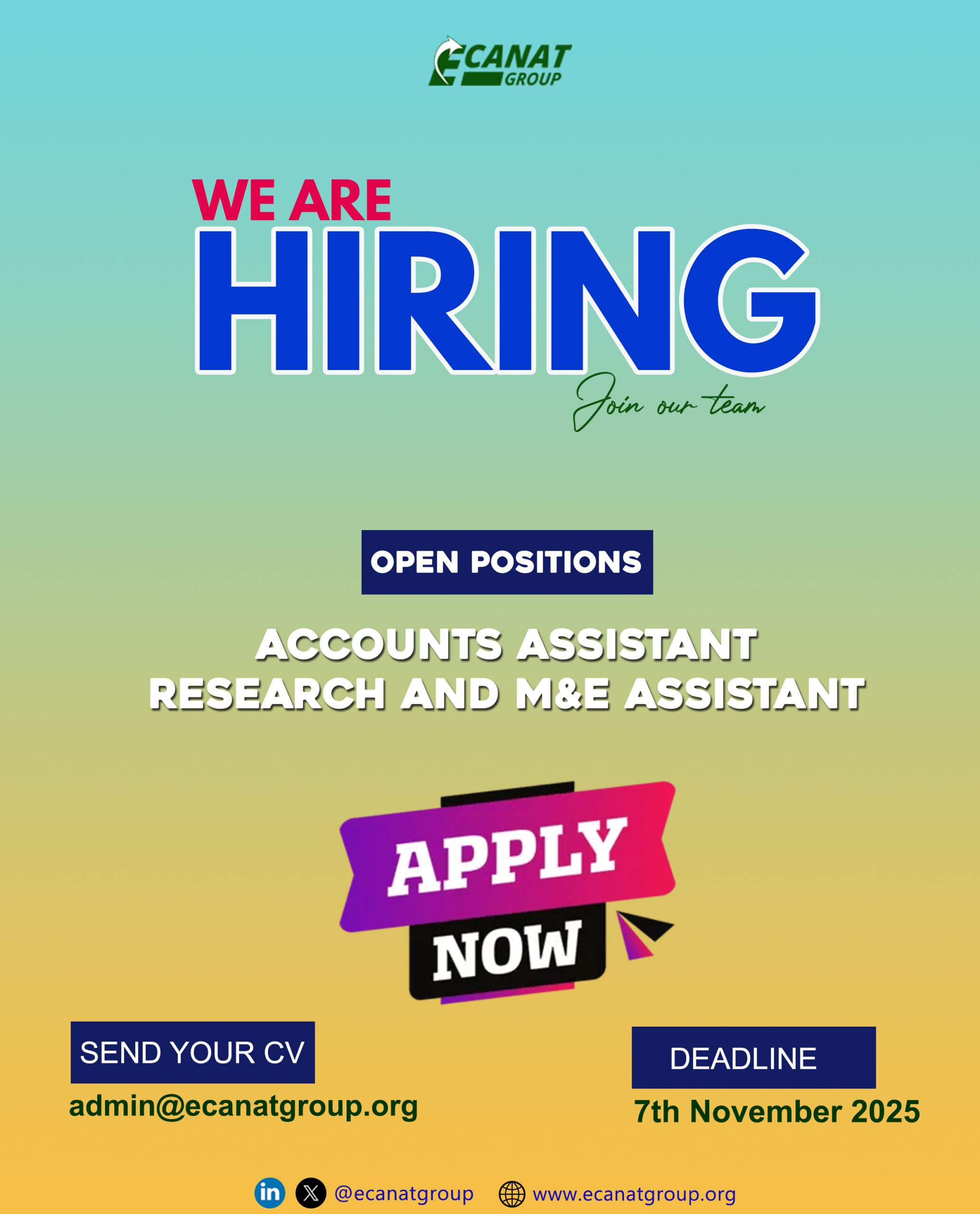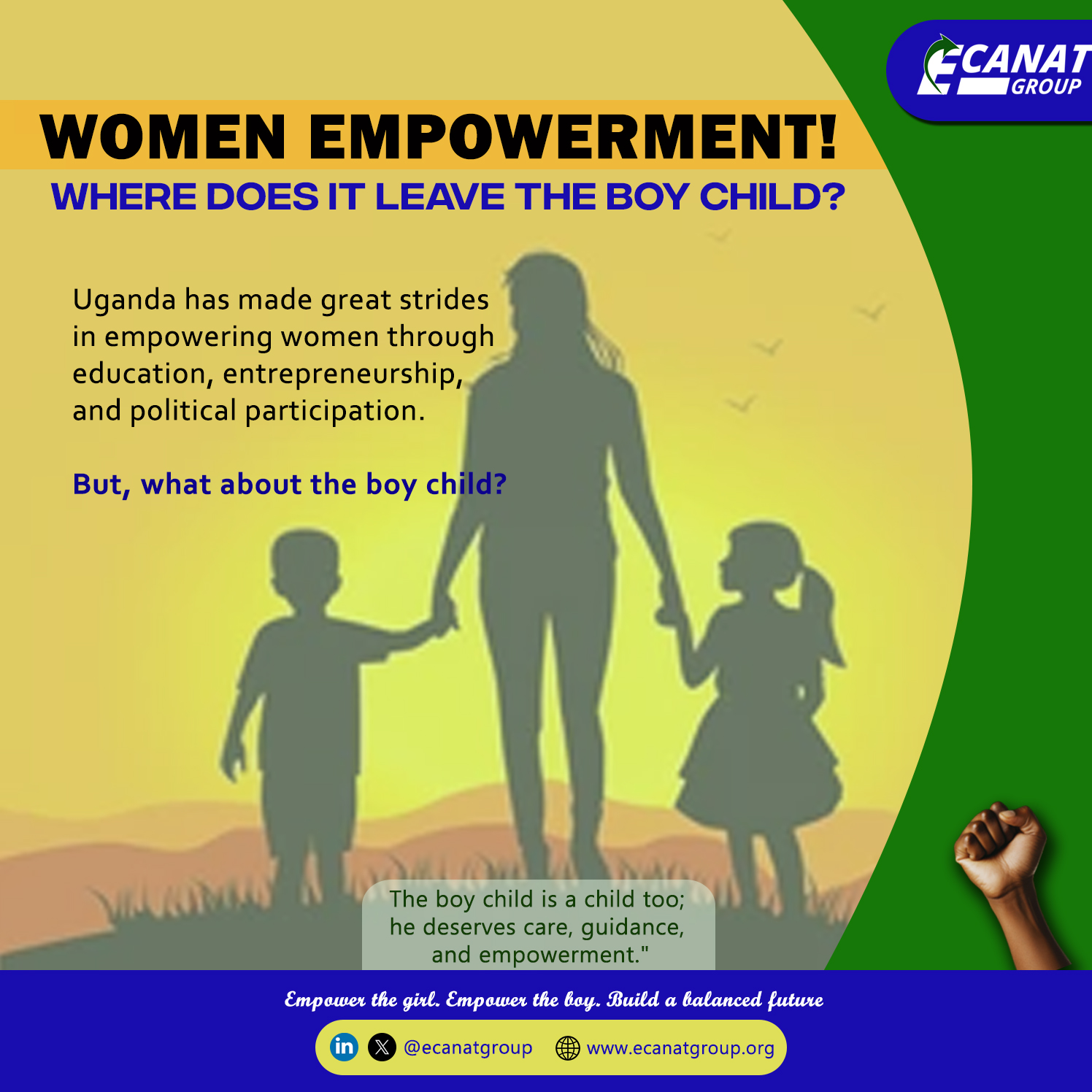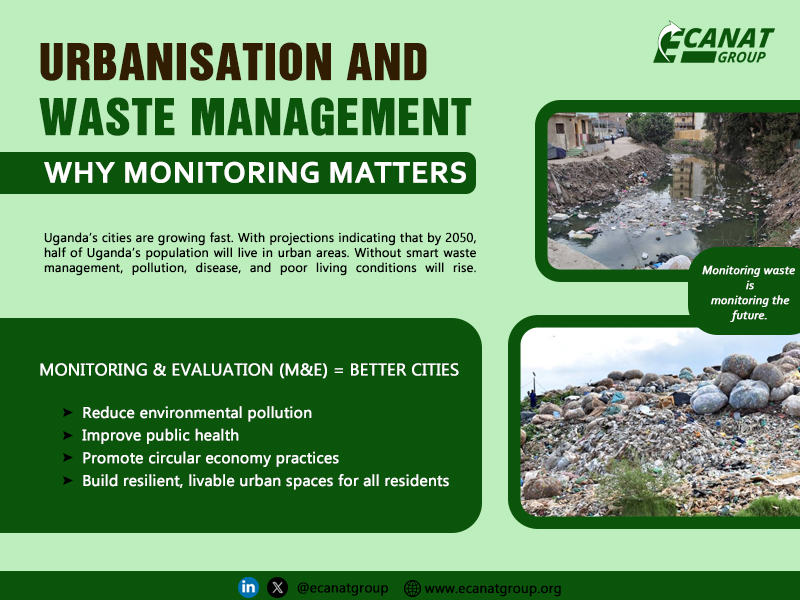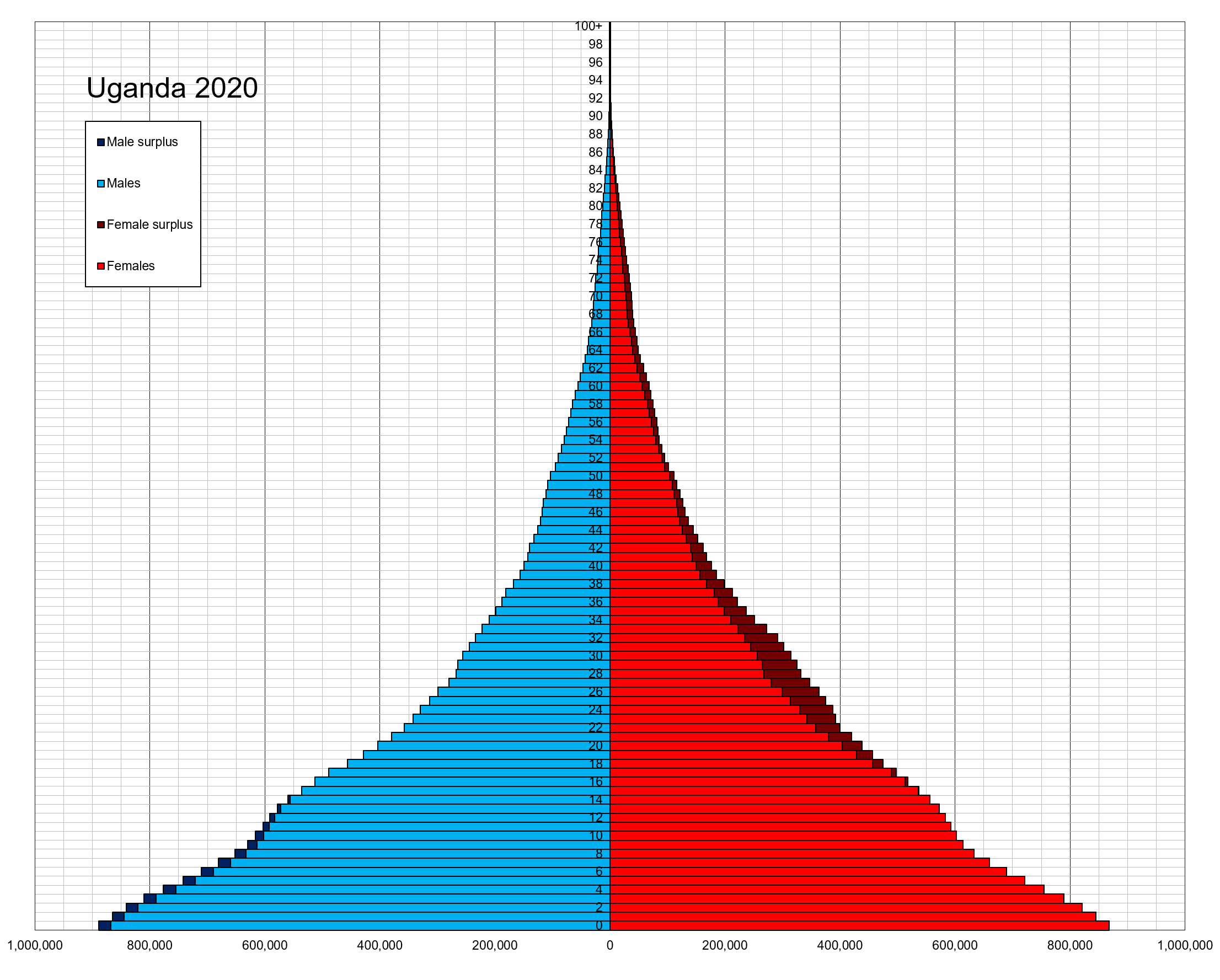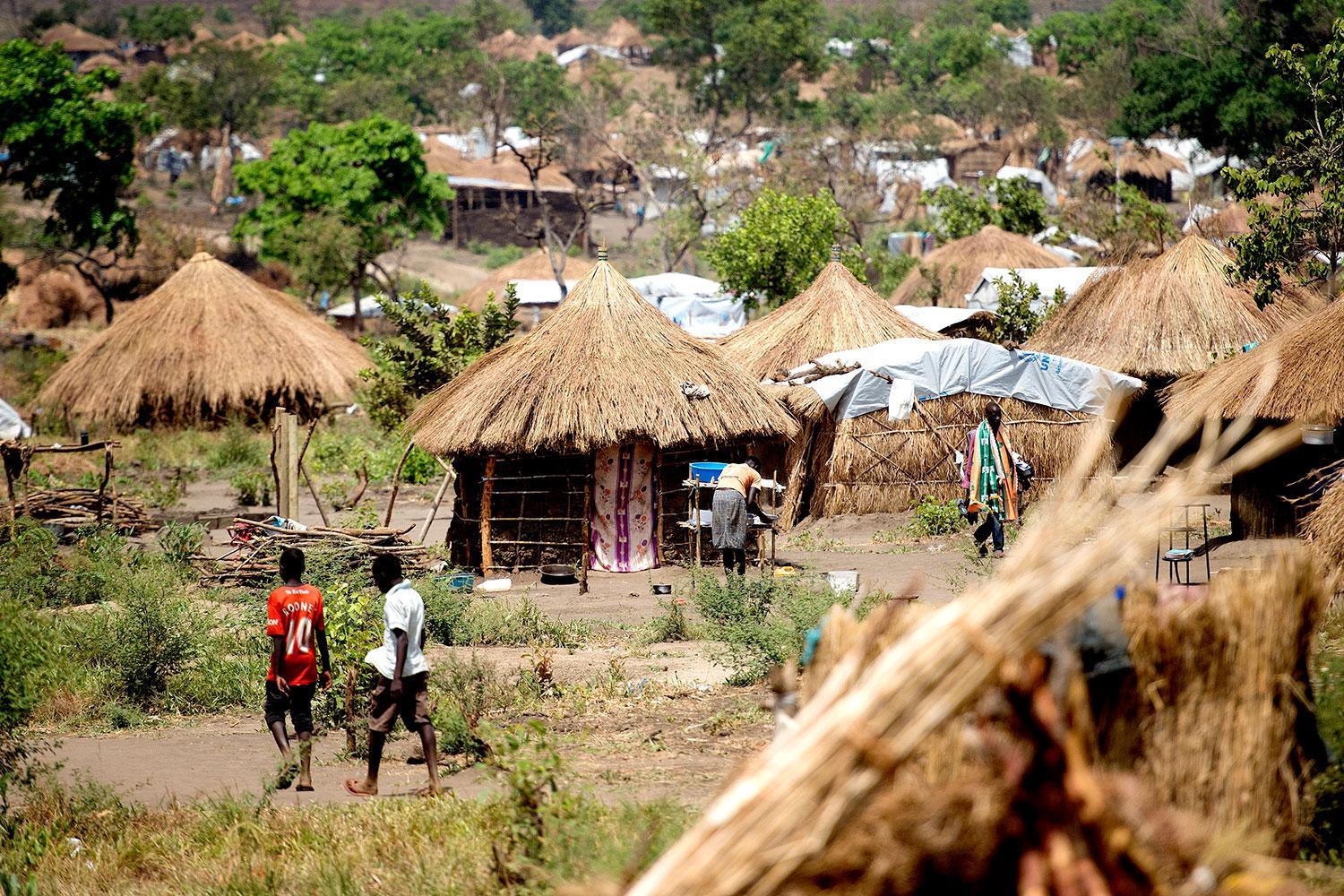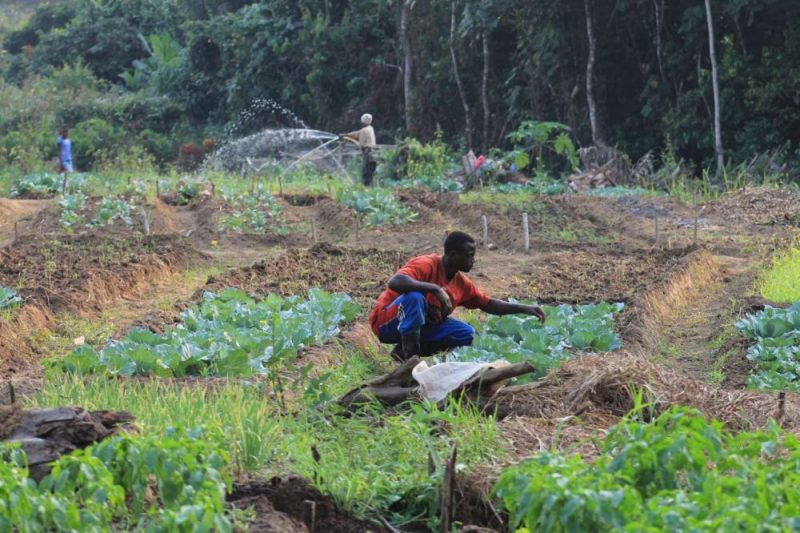Refuge Rights
“Refugees are mothers, fathers, sisters, brothers, children with the same hopes and ambitions as us, except that a twist of fate has bound their lives to a global refugee crisis on an unpredictable scale. ECANAT group has worked on projects in Refugee camps including Bidibidi Refugee camp where mitigation training where undertaken to create peace between the host communities and the refugees in the camps. We have carried out needs assessments for women in rural settings and informed the on the way forward.
ECANAT group has compiled reports for women in Parliament (UWOPA) about different thematic areas including education for all, teenage pregnancy, the marriage bill among others. These have led to the formulation and additional knowledge informing both national and community decisions.
Women Rights
With affirmative action in place, we see a number of changes for women including representation in parliament and women in other influential areas, these are however a few but many women in the grass roots are still facing challenges. An example are the women in Northern Uganda who take on the role of fending for their families with little or no support from spouses. Many girls in the same region are not attending school because of the family responsibilities. We have carried out baseline studies, evaluations, needs assessments for women organizations to inform and assess the progress.
Food Justice and Sustainable Livelihoods
We all have a right to food, but also a responsibility to work and have food. Government has a role to put and encourage policies that enables both quality and continuous food supply through the systems in place. ECANAT group has worked with human rights organizations to assess the agricultural status in the different regions in Uganda from production to the final consumer. We have analyzed and reviewed policies on different rights in the education, health and agricultural sector.
Grievance Redress
At ECANAT Group, our team brings extensive hands-on experience in designing, coordinating, and implementing Grievance Redress Mechanisms (GRMs) in complex, multi-stakeholder projects. Notably, our technical experts have played a central role in the Irrigation for Climate Resilience Project (ICRP) implemented by the Ministry of Water and Environment with support from the World Bank. Under this assignment, they led the establishment and operationalization of GRM structures across all levels from Parish to District, ensuring effective handling of grievances through trained and equipped Grievance Redress Committees (GRCs). The work involved field-level capacity building, streamlining complaint logging and referral systems, and strengthening feedback mechanisms in line with the ICRP GRM Guidelines (2023). Through this, the experts contributed to timely grievance resolution, improved community trust, and enhanced safeguard compliance, key indicators of successful project implementation.


